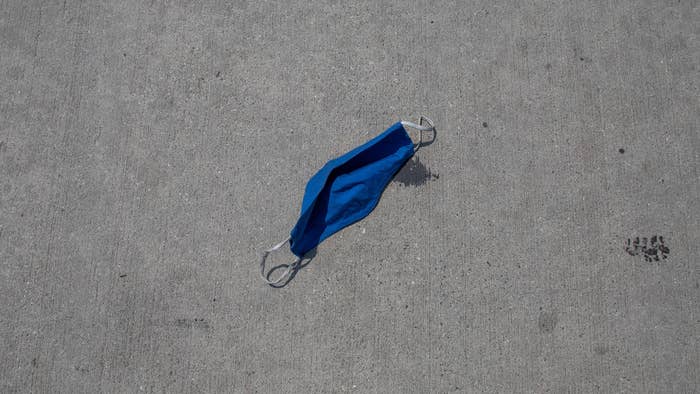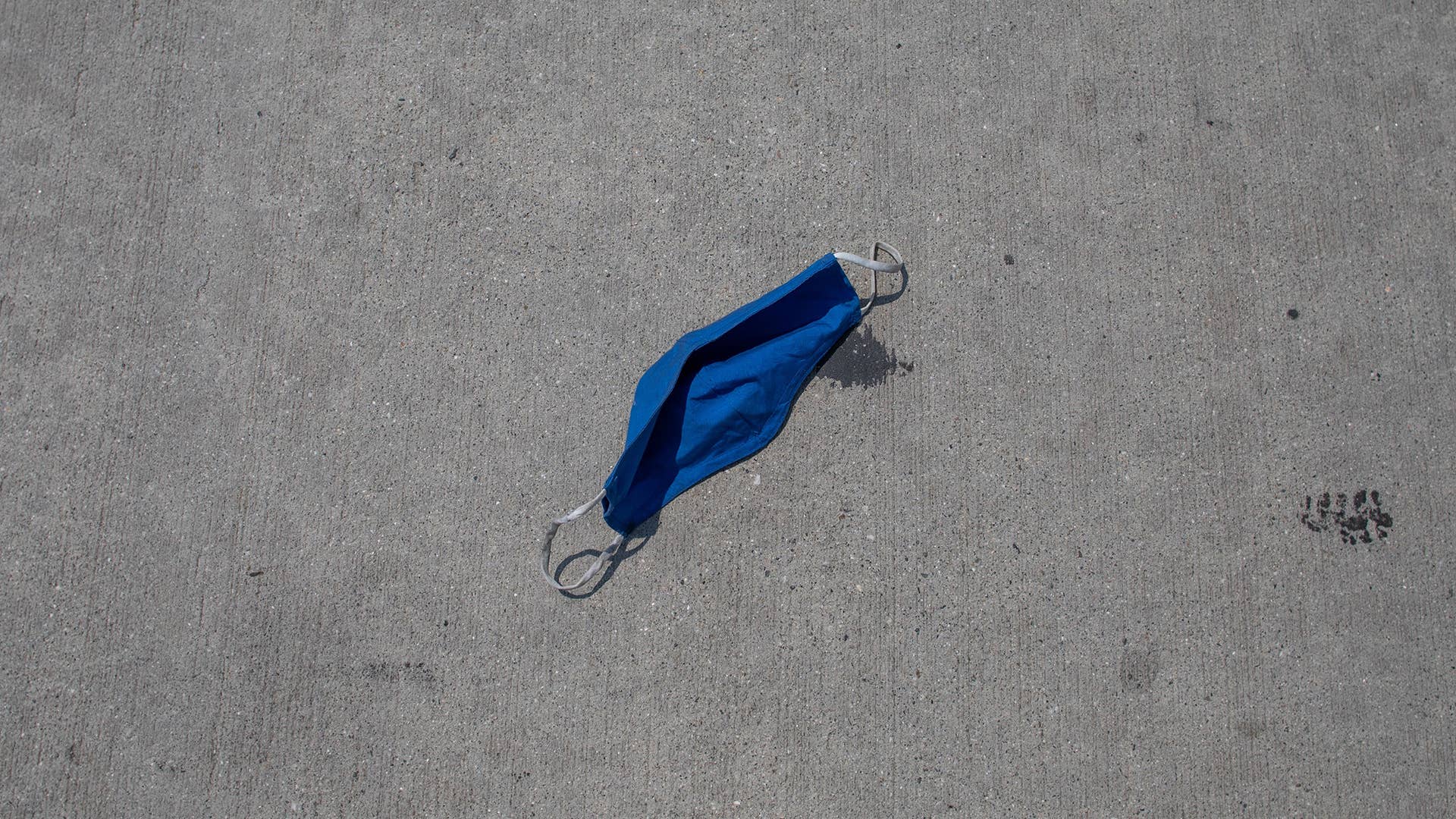
As an alarming number of coronavirus patients continue to experience serious symptoms for months, researchers have documented the first case of reinfection. The New York Times reports that a patient with COVID-19 in Hong Kong has been diagnosed again just four months after they contracted it the first time.
"An apparently young and healthy patient had a second case of COVID-19 infection which was diagnosed 4.5 months after the first episode," the University of Hong Kong said in a statement released by researchers on Monday. The 33-year-old man had mild symptoms when he first contracted the virus, and upon catching it the second time they had no symptoms. His reinfection was discovered after he returned home from a trip to Spain.
"Our results prove that his second infection is caused by a new virus that he acquired recently rather than prolonged viral shedding," clinical microbiologist Dr. Kelvin Kai-Wang To of the University of Hong Kong added. Additionally, the virus comes close to matching the strain that has circulated in Europe throughout July and August. The confirmation the man caught the virus twice suggests that coronavirus immunity could only last a short time in some individuals, researchers claim.
While this might initially seem worrying, the patient's immunity still protected them from the virus even if it didn't block reinfection.
There have been a number of reports regarding reinfection in the United States, South Korea, and other countries, but the case in Hong Kong marks the first confirmed after extensive testing. Those who recover from the virus will expectedly "shed viral fragments for weeks," prompting some test results to come back as positive even though there's no longer a live virus in the body.

